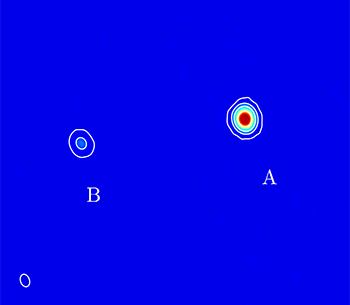Orbital tug startup Impulse raises $300 million in private investment capital
Following several large contract announcements in recent weeks, the orbital tug startup Impulse has now raised an additional $300 million in private investment capital, in addition to the $150 million it raised last year.
Impulse plans to use the funding for several initiatives. One is to scale up production of its Mira and Helios vehicles to better meet demand for them. The company says it has more than 30 signed contracts for those vehicles, a backlog worth nearly $200 million. Romo said the company is seeing increasing demand for Mira, the smaller of the two vehicles, for defense applications.
The company was founded by Tom Mueller, who was one of the principal engineers during SpaceX’s development of the Falcon 9. Mira is the smaller of the two tugs, and has flown one demo mission. The larger Helios tug has not yet flown, but the company recently won a contract with the satellite company SES to use it.
The company has also said it is developing its own rocket, but I suspect its first launch that will come later.
Following several large contract announcements in recent weeks, the orbital tug startup Impulse has now raised an additional $300 million in private investment capital, in addition to the $150 million it raised last year.
Impulse plans to use the funding for several initiatives. One is to scale up production of its Mira and Helios vehicles to better meet demand for them. The company says it has more than 30 signed contracts for those vehicles, a backlog worth nearly $200 million. Romo said the company is seeing increasing demand for Mira, the smaller of the two vehicles, for defense applications.
The company was founded by Tom Mueller, who was one of the principal engineers during SpaceX’s development of the Falcon 9. Mira is the smaller of the two tugs, and has flown one demo mission. The larger Helios tug has not yet flown, but the company recently won a contract with the satellite company SES to use it.
The company has also said it is developing its own rocket, but I suspect its first launch that will come later.

